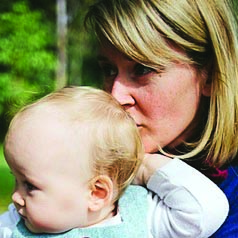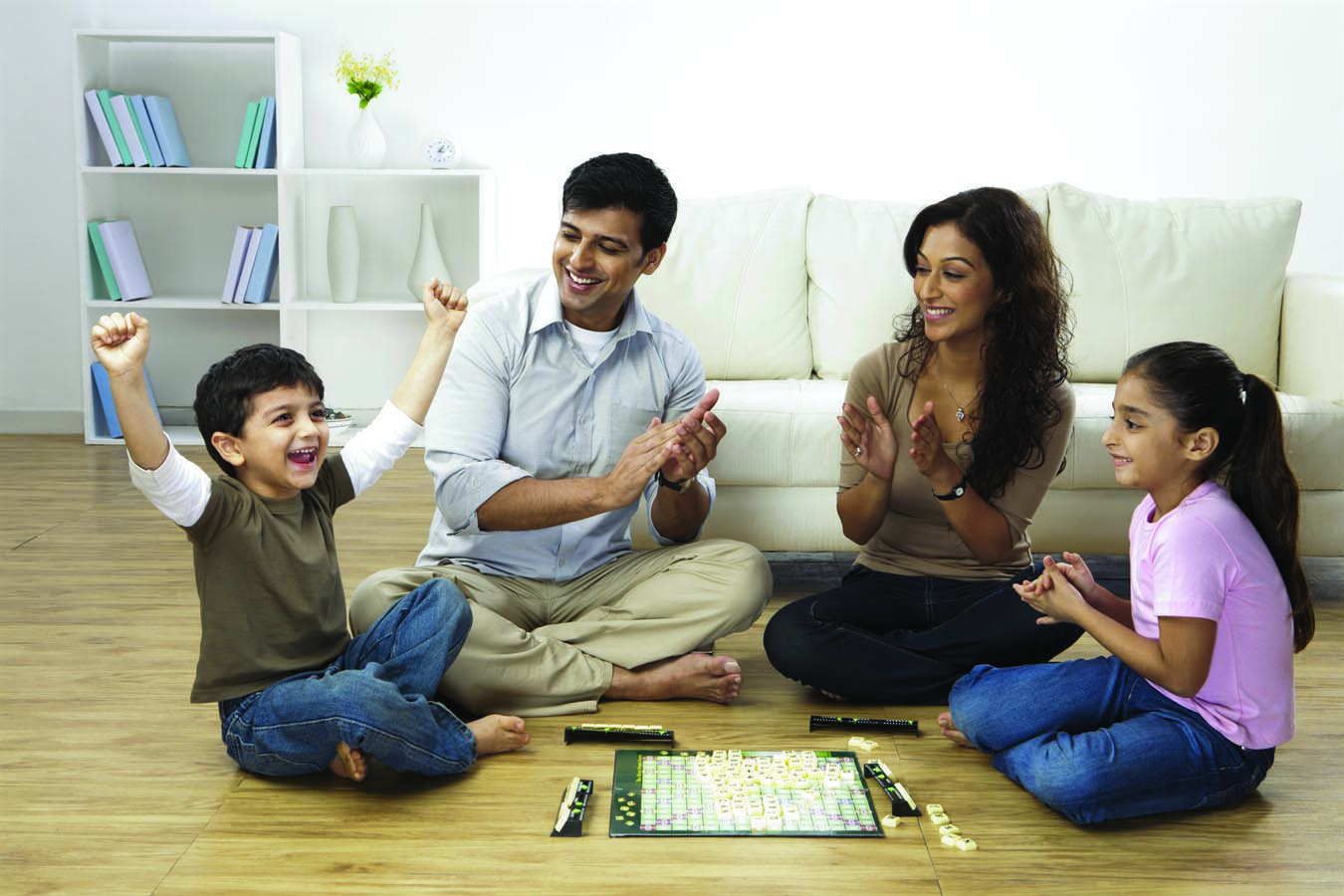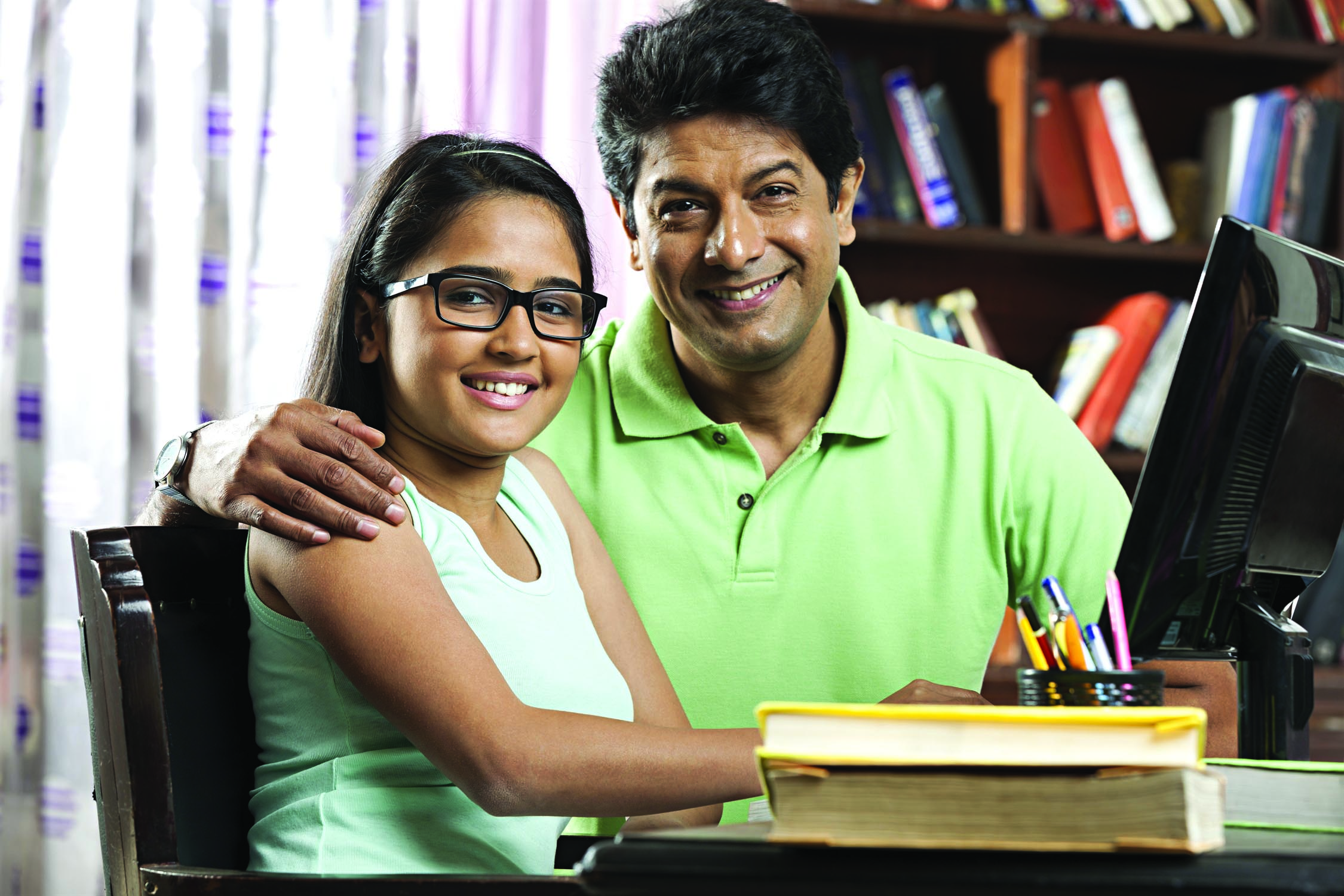 In this special essay, Rebecca English, lecturer at the Queensland Institute of Technology (Australia), highlights the pros and cons of various parenting styles — tiger, helicopter, snowplough and free range
In this special essay, Rebecca English, lecturer at the Queensland Institute of Technology (Australia), highlights the pros and cons of various parenting styles — tiger, helicopter, snowplough and free range
What’s the best way to raise your child? It’s a question that has provoked the publication of numerous books, and seen authors race to coin the next quirky name for a new style of parenting. And it turns out there are many styles. To date, some of the best known are:
 Tiger parents, who are seen as pushing their children to succeed according to their parents’ terms.
Tiger parents, who are seen as pushing their children to succeed according to their parents’ terms.- Helicopter parents, who take over every aspect of a child’s life.
- Snowplough parents, who remove obstacles to make life easier for their children.
- Free-range parents, who allow children a great deal of freedom.
- Attachment or gentle parents, relaxed but set limits in line with every child’s needs and character.
Psychologists generally talk about parenting as fitting into typologies, based on the work of Diana Baumrind, a clinical and developmental psychologist known for her research on parenting styles.
 There are generally understood to be four typologies:
There are generally understood to be four typologies:
- Authoritarian. Parents who are the authority in their child’s life. They set the rules and say “jump” and their child responds “how high?”. (Very similar to tiger parents.)
- Permissive. They are lax about their expectations, don’t set standards and don’t ask much of their children.
- Neglectful. Uninterested in their children and unwilling to be an active part of their child’s life.
- Authoritative. They are highly demanding while being highly responsive.
One of the major criticisms of these typologies is how culturally determined they are.
So what does research say about the pros and cons of each of these parenting styles?
Tiger parents
Type of parent. You expect first-time obedience, excellence in every endeavour and a child who never talks back.
Who coined it? Amy Chua popularised this name in her 2011 book Battle Hymn of the Tiger Mother. Chua describes tiger parents, often seen in Chinese families, as superior to Western parents. Chinese parents assume strength and don’t shy away from calling their children names. They assume their children owe them and expect their children to repay them by being obedient and making them proud.
Why parents choose this style. Tiger mothers are, as Chua attests, socialised to be this way by their cultural conditioning. When they successfully demand an hour of piano practice, it’s part of their cultural background that the child complies. Western parents will have a hard time emulating the years of acculturation that leads to that moment.
Parents who follow Chua may do so because they want their child to be successful. It may be these parents are deeply insecure about the future. These parents are most likely authoritarian.
Pros. Raising a child in this way can lead to them being more productive, motivated and responsible.
Cons. Children may struggle to function in daily life or in new settings, which may lead to depression, anxiety and poor social skills. But again it’s culturally dependent.
Helicopter parents
Type of parent. They step in to mitigate their toddler’s every struggle. You are over-involved in your child’s education and frequently call her teacher; you can’t stop watching over your teenager.
Who coined it? Psychologist Foster Cline and education consultant Jim Fay coined the phrase in their book Parenting with Love and Logic (1990). They described helicopter parents as being confused about the difference between love and saving children from themselves. Another descriptive for helicopter parenting is “overparenting”.
Why parents choose this style. These parents are likely to be scared for their child’s future, perhaps like tiger parents. They may not trust their child’s capability to navigate the world. By hovering around they may think children will be inoculated against failure.
These parents are probably a mix of authoritarian and permissive typologies, but there is scant research on this style.
Pros. Heli parents are overprotective, which may save their child or adolescent from problems they can’t foresee.
Cons. Children tend to lack emotional resilience and independence, which can affect them into adulthood. Being a child of a helicopter parent may lead to inability to control behaviour.
There’s even an AskReddit devoted to the worst aspects of growing up with helicopter parents. Stories include a contributor, 21 at the time, whose father followed her to jury duty, because he didn’t trust she could do it properly. It claims dad had a tantrum when he was kicked out by a security guard.
 Snowplough or bulldozer parents
Snowplough or bulldozer parents
Type of parent. You push all obstacles out of your child’s way. Perhaps you’ve nagged the principal for a different teacher or bribed the coach to get your child a place in the team.
Who coined it? Reportedly the term was coined by former high school teacher David McCullough. In 2015, he published a book, You Are Not Special, in which he implores parents to back off and let children fail. It was based on a 2012 commencement speech he gave to high school students.
Why parents choose this style. Maybe you think your child is exceptional, or too great to fail. That’s why you’ve identified with this parenting style. In terms of typology, there are aspects of authoritarianism in the mix as they demand success (after all, they’ve bulldozed all obstacles from their children’s path). However, they also score highly for permissiveness.
What research says. There’s no empirical evidence either way for the snowplough approach. However, there’s a lot of blog posts and media articles devoted to the topic.
That being said, the pros and cons are probably similar to helicopter parents. These parents can help children feel safe and secure. But it may also foster a sense of entitlement or narcissism in your child.
Free-range parents
Type of parent. You believe your role is to trust your child. You equip children with the skills to be safe, and then back off.
Who coined it? The term was made famous by a case of “neglect” against Lenore Skenazy, a former columnist who wrote about letting her nine-year-old son ride the New York subway alone. The experience led to her being labelled ‘America’s worst mother’ and prompted her to write a book. The book was about fighting the perception that the world is getting more dangerous.
Skenazy’s blog attempts to connect parents with like-minded parents who agree that children need safety jackets and helmets to safely experience their independence. The approach is about giving children the childhoods their parents experienced in the 1970s/1980s.
Why parents choose this style. Psychologists and experts suggest this style is a backlash against anxiety-driven, risk-averse child rearing. It may be that Skenazy is right, we worry too much about everything from germs to other people. While Skenazy cites responses from parents (and lawmakers) who think the approach is neglectful, it is probably more aligned with the authoritative typology, where parents believe in teaching children to look after themselves.
Pros. Children learn to use their freedom, be autonomous and manage themselves. They may also be better able to handle mistakes, become more resilient and take responsibility for their actions. It’s also said to lead to happier adults.
Cons. Problems with this style centre on the legal aspects of this style. In Queensland, it is illegal to leave your child alone for an “unreasonable” time while, in other states, parents must ensure their children are looked after properly. Queensland’s law does not define “unreasonable” time, but such parents could receive a misdemeanour sentence (up to three years in jail) if they breach the code.
Attachment or gentle parents
Type of parent. You believe that a child’s earliest attachment to caregivers informs all subsequent attachments a person experiences. Proponents suggest that strong emotional and safe physical attachment to at least one primary caregiver is essential for a child’s personal development.
Who coined it? The philosophy is based on the work of psychologists John Bowlby and Mary Ainsworth on attachment theory. The work began with Bowlby in the 1950s. Bowlby also worked with Ainsworth and Ainsworth did some famous experiments with young children.
Attachment theory suggests that children who develop strong bonds with parents/caregivers in the early years will have happier, healthier relationships as they age. The term was then popularised by a book dubbed the ‘baby bible’ written by the Sears family in 1993.
Why parents choose this style. Parents may choose this style because they want their children to be positive about themselves and their relationships with others as they mature. Attachment parenting is associated with authoritative typology. These parents try to balance high expectations with empathy and this is associated with the best outcomes.
Pros. It provides a safe haven of love and respect in which to build children’s relationships and from which they can safely experience the world.
Cons. It can be conflated with permissive parenting. It is also associated, somewhat contrarily, with over-parenting, as some suggest it is a name for mothers who can’t let children go. Some have criticised this style of being anti-women or anti-feminist. These critics say the style conflates women’s role with motherhood, undoing the work of feminism. Inevitably, others disagree.
(Rebecca English is lecturer in education, Queensland University of Technology)
(This article is republished from The Conversation under a Creative Commons license)

























